Solution
The solution shall be as simple as
<script is:inline>
console.log('hej!');
console.log('loaded!');
</script>
which yields

Misunderstandings and Misleading solutions
question solution proposal
this script inside a page.astro works, in case the question pretend that it does not, it is very important to provide more elements like a complete example project as the error is most likely somewhere else not in the provided code.
<script is:inline>
console.log('hej!');
window.onload = (e) => {
console.log('loaded!');
};
</script>
I took it in a default astro example and it yields the following output

but is not ideal because window.onload is not needed : see When to use "window.onload"?
see astro official examples to take as test basis here (https://github.com/withastro/astro/tree/main/examples)
adding frontmatter separation
The solution below unnecessarily adds --- --- which is an optional frontmatter entry, when not available then the content is interpreted as the second body part which is where the script is supposed to be located
---
---
<script>
console.log('hello');
window.onload = (e) => {
console.log('loaded!');
};
</script>
adding type module or hoist
please udpate and see https://docs.astro.build/en/migrate/#new-default-script-behavior
from there you get to know that :
- BREAKING:
<script hoist> is the new default <script> behavior. The hoist attribute has been removed. To use the new default behaviour, make sure there are no other attributes on the <script> tag. For example, remove type="module" if you were using it before.
using is:inline
The question author has been mislead by another post (How to use document and window element in astro JS?), taken as granted which is wrong and I submitted an answer to correct it because is:inline inside <script> is not needed and has unintended side effects like unnecessarily duplicating the script code, see a direct link to this answer there How to use document and window element in astro JS?

